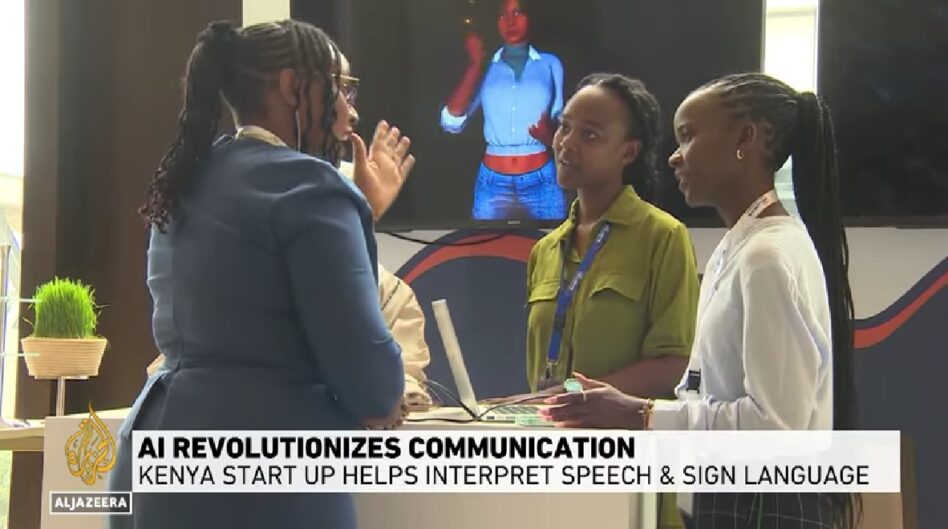Letter to editor
I personally feel that there is something very humbling about connecting with people living with dementia.
It triggers awareness within me of my very own limitations. Often being with them force me to face the parts of myself that I may not have the courage to face.
Such as why do we so often shun away from people who we feel are different than us? Why is dementia today the MOST feared condition globally?
Recently when the team from Japan visit Malaysia to introduce to us the arts of Totsu-Totsu dance as a means of communicating with people living with dementia, a gentleman very openly laughed and yelled that we are wasting our time with these CRAZY people.
Such are the labels we slap on those living with dementia: Demented, living-dead, zombies, useless, stupid, gone, and yes, crazy.
No wonder people fear dementia.
The stories we read about dementia in newspapers, books, and magazines and that we hear about in films and on television and radio ring the alarm, pointing to the catastrophe that may strike us.
Dementia immediately causes us to freeze in fear. But ultimately, the fear reflex is making the experience of dementia worse. We are living in a time of dementia. As we live longer than ever before, dementia touches the lives of more of us than ever before.
Yes, dementia can be a frightening experience, but it can also be much more. Having been in the world of dementia for 20 years, I certainly have seen people with dementia and people who love them alike nearly drowning in fear, grief, anxiety, and frustrations.
And yet, I’ve also seen much more. I’ve seen both people with dementia, as well as those who care for them, transform through their fears and come to feel powerful pride and overwhelmingly joy, to show compassion and selflessness, and pure love.
Perhaps if we start sharing stories of people who succeed in moving through fear and learn to live with stigma, who find meaning in the experience of dementia, this might help inspire more people to do the same and see dementia as more than a death sentence.
Perhaps if that doctor had treated his patients living with dementia the way he did if he had come to terms with his own fears of and discomfort with people with dementia, it would be different. Would the son have forbidden his mum to walk the halls with her companion if he had more fully understood and accepted her world?
Would my friend Charlie be subject to such paralysing loneliness if his friends had a better grasp of dementia?
Perhaps if we do not feel awkward around loved ones with dementia, our friends living with dementia can continue to dance what they feel like without being afraid of being judged.
How can we get to such a place? A world in which our fears of dementia don’t stop nursing, medical, and social work students from studying how to work with people with dementia?
A place in which daughters and sons, granddaughters and grandsons might look forward to spending time with their parent or grandparent with dementia?
Perhaps it is time to examine our attitudes toward and beliefs about dementia. Perhaps by challenging our stigma around dementia, we can transform our dementia-fearful society to a dementia-friendly one. – Jan 13, 2023
Dr Cecilia Chan
Kuala Lumpur
The views expressed are solely of the author and do not necessarily reflect those of Focus Malaysia.
Main pic credit: Astro Awani









